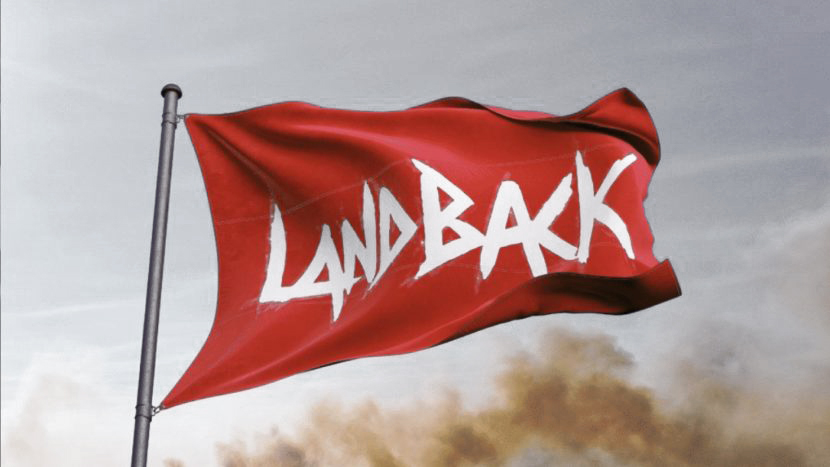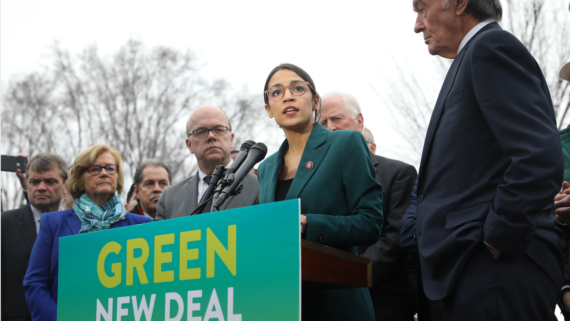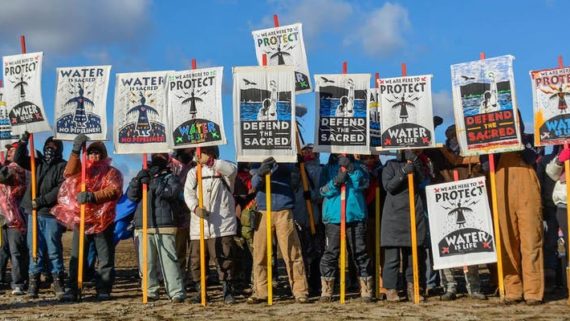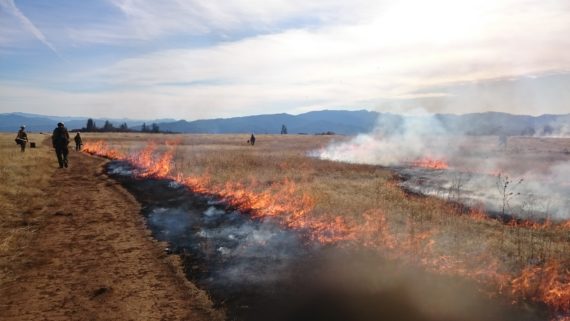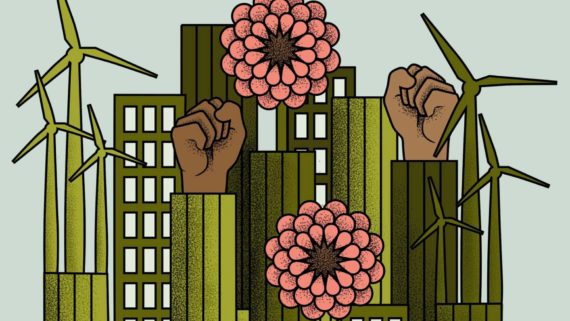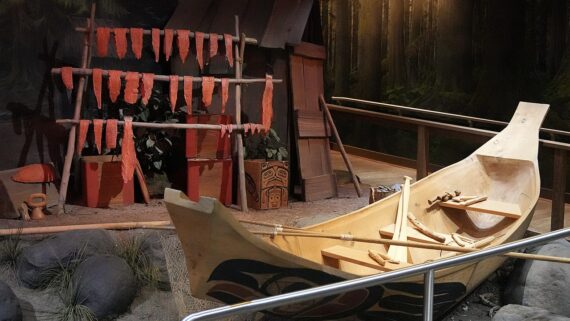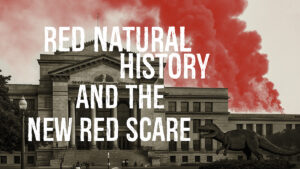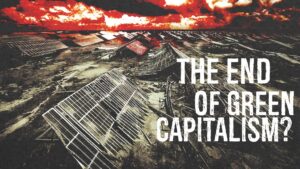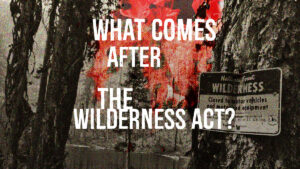2020 has been a year of storms–wildfires in Australia and California, extreme hurricanes on the Gulf Coast, and a pandemic that has ground the world to a halt. While some people impatiently call for a “return to normal,” others see that there can be no return: the unrelenting disasters of our times follow directly from the routine and systematic extraction of Black, brown, and Indigenous life, labor, and land. From #BlackLivesMatter to #Landback, people have taken to the streets–disrupting traffic, blocking pipelines, and toppling monuments to white supremacy as they lay the foundations for a more just world.
James Baldwin once said that storms are always coming. The challenge is not to get through the storm, but “to bear witness to something that will have to be there when the storm is over, to help us get through the next storm.” The Storm We’ve Been Waiting For is a monthly Webinar Series that aims to take stock of the storms of the present by looking both to the histories that produced them and the emancipatory future they make possible. It takes its title from a popular slogan of the Flood Wall Street actions in 2014, proposing that we see ourselves as part of the storm that will clear the path toward a livable and egalitarian future for all.
New events will be added monthly.
![]()
The Natural History Museum aims to model the museum of the future: one that aligns its interests and resources with the communities that are leading efforts to protect natural and cultural heritage, block extractivist projects, and point the way to an equitable and safe future for all. We bring Indigenous and allied leaders, scientists and scholars together to develop research, storytelling and narrative-change initiatives, exhibitions, and advocacy campaigns—engaging the constituencies and institutions broadly associated with natural history to protect water, land, sacred sites, and in the context of climate change and the biocultural diversity crisis, our collective future.
With this series, NHM explores what it means for museums to anchor their struggles in view of the next storm. For us, it does not mean turning away from the crises we face, but situating them in their historical trajectory—between contested past and indeterminate future. It means insisting on the indeterminacy of this future, clarifying the operative divisions at play, and taking a side—the side of those who are struggling for a safe and equitable future for all. Only then can museums guarantee a future for themselves.
Programming committee:
Arielle Lawson, Ashley Dawson, Beka Economopoulos, Jason Jones, Judith LeBlanc (Caddo), Julian Brave Noisecat (Secwepemc/St’at’imc), Kai Bosworth, Ruth Miller (Dena’ina Athabaskan), Steve Lyons
Events
Envisioning an Internationalist Green New Deal
In this teach-in we will dig into the intersections between climate change and imperialism and make the case that, to be genuinely equitable, as well as effective, a Green New Deal must be international in scope and internationalist in vision.
read more...Indigenous climate justice: Ecological and relational tipping points
This webinar explores the profound effects colonialism, capitalism, and industrialization on the contemporary conditions for climate activism, underscoring one of the central questions for today: what does it truly mean to center environmental justice in our collective response to climate change?
read more...Fire and Food Sovereignty
For thousands of years tribes across California and the world have used intentional burns to renew local food, basketry, medicinal and cultural resources, create habitat for animals, and reduce the risk of larger, more dangerous wildfires. This panel discussion will provide insights on the relationship between fire and food sovereignty.
read more...Energy Democracy and the Green New Deal
Wildfires, hurricanes, famines, and the pandemic – we live on a planet already in deep ecological crisis, with worse to come if today’s climate inaction, soaring inequality, and state violence continue. To shift things and win a just transition, we need ambitious planning and abundant struggle. This panel features activists and thinkers whose work is helping to move the fight for energy democracy forward.
read more...Salmon People: Tracing Indigenous resistance across the Pacific Northwest
NHM Storytelling Fellow Ruth Miller (Łchavaya K’isen) will talk about a powerful visual narrative project we are developing. United by resistance to development projects that threaten cultural preservation and subsistence food systems, the Yupik, Alutiiq and Dena’ina peoples of Bristol Bay, the Lummi Nation, the Yurok Tribe and the Nez Perce Tribe enter into a regional dialogue through a digital storytelling initiative that unsettles Western conceptions of land, food, and object-hood.
read more...
